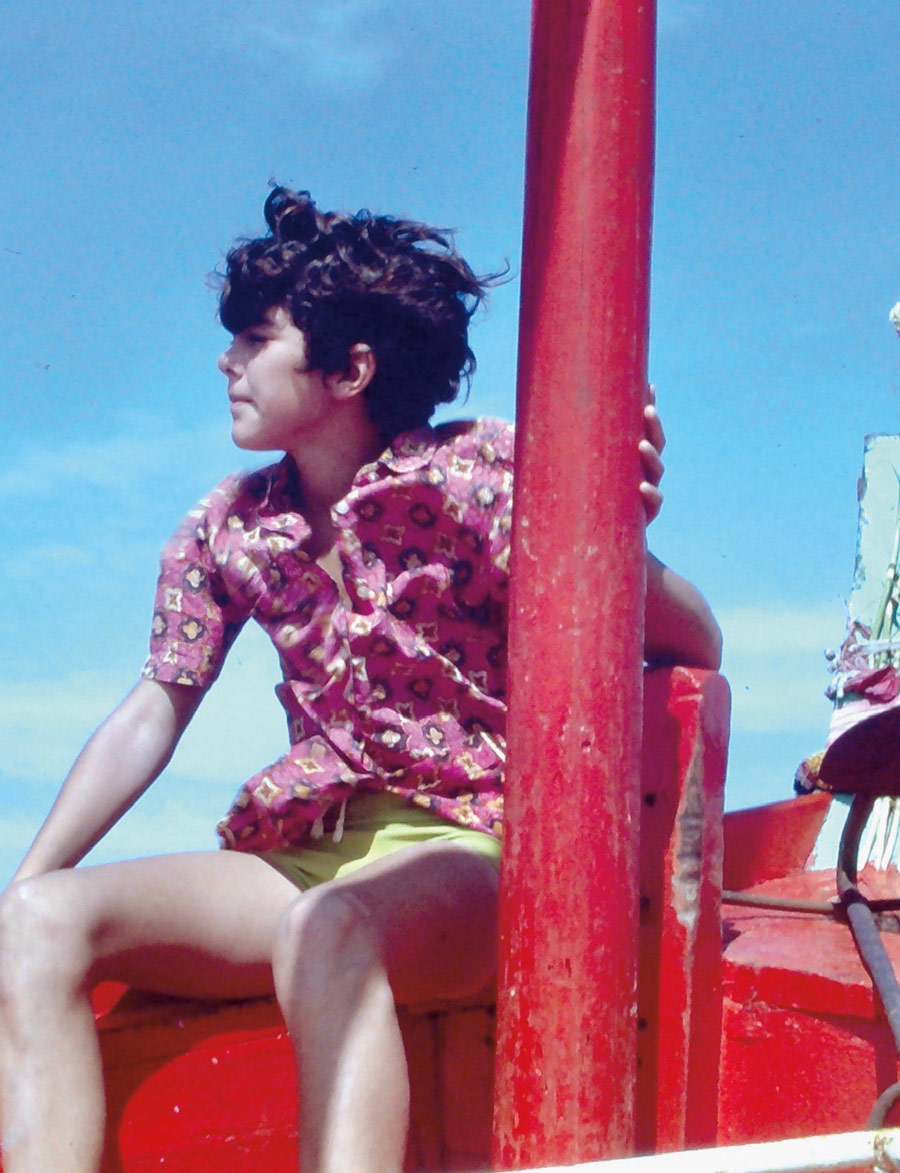One summer evening, my father, an undercover CIA operations officer, asked, “Dougie, want to join me for an overnight trip up country?” This wasn’t going to be just any trip; after all, my dad supervised paramilitary operations for a living. (In fact, he once asked me to help identify a Russian KGB agent who had unexpectedly visited our home.)
Our destination was an isolated mountain village called Nam Yu near the Chinese border. As reported by the U.S. press, Nam Yu was a CIA listening post and a training and recruiting area for Hmong and Yao tribesmen fighting NVA regulars in northeastern Laos. Before it fell in February 1973, Nam Yu also was a staging area for intelligence gathering across the Chinese border.
We made the journey in a small Air America Porter turboprop plane, which rapidly descended through the surrounding mountains for a heart-stopping touch down on a short and narrow dirt landing strip atop a plateau. When we scrambled out of the aircraft, it dawned on me that I was in one of the remotest corners of the world. I saw traditional Laotian wooden huts, elevated on stilts. Yao tribeswomen in embroidered black and red silk dresses and cloth headdresses were tending to their children playing in the road. Not a single adult male tribesman was in sight.

Even with my untrained eye, I was witnessing a rare juxtaposition of a secret CIA paramilitary base and Yao tribespeople living as they had for centuries in the remote mountains of northern Laos. I felt privileged to make the journey with my father. I was certain that no other American boy had made such a trip, and kept it to myself until many years later.
The next year, as I entered ninth grade in Bethesda, Md., I had a newfound self-confidence in my ability to adjust to any cultural environment. Whether this was born from adapting to life in a poor, landlocked Asian country where you had to learn Laotian to make do, eating raw sugar cane carved with a machete, sampling my first Lao-Lao — the potent rice whiskey of Laos — or seeing large clumps of unregulated opium for sale at the morning market, my eyes had been opened to the world.
Unsurprisingly, I studied international relations at Bucknell. I was a shoo-in for study abroad with four years in Laos under my belt, studying in Paris during my junior year. There was no culture shock for this American in Paris.
Douglas Bonner ’80 is a partner and technology lawyer with the Potomac Law Group in Washington, D.C., and a member of the Bucknell University Alumni Association board.